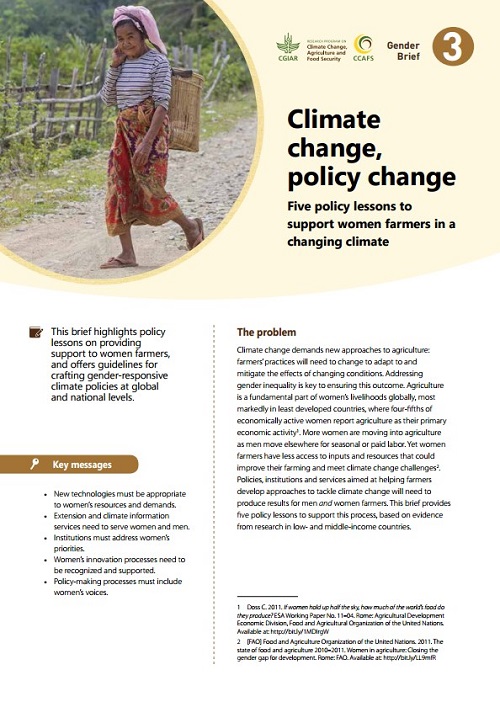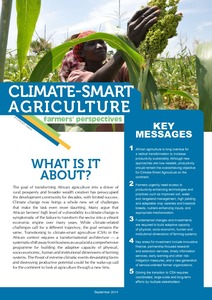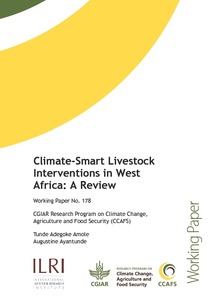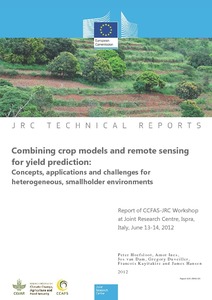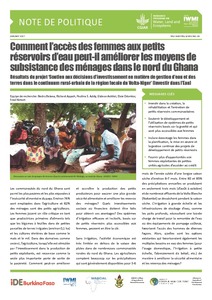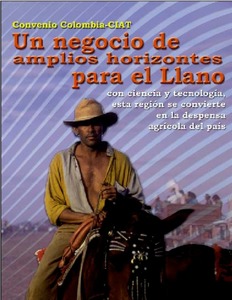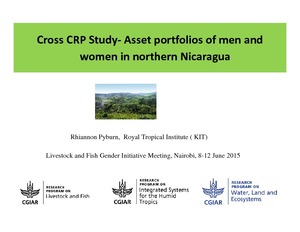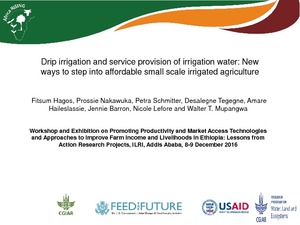Climate change, policy change: Five policy lessons to support women farmers in a changing climate
Climate change demands new approaches to agriculture: farmers’ practices will need to change to adapt to and mitigate the effects of changing conditions. Addressing gender inequality is key to ensuring this outcome. Agriculture is a fundamental part of women’s livelihoods globally, most markedly in least developed countries, where four-fifths of economically active women report agriculture as their primary economic activity1 . More women are moving into agriculture as men move elsewhere for seasonal or paid labor.

